This is a brief story of a gift that was initiated by the Shah of Iran to the George Washington University (GW) in 1974, which inexplicably disappeared into thin air some 45 years later in 2019. Millions of dollars that could be supporting Iranian students in the United States have been hijacked and must be restored. The management and status of the Iran Endowment at George Washington University should be investigated and followed up by the Iranian government to hold GW accountable, for GW to acknowledge the generosity of the Iranian people and to support Iranian education as was the original intention of this generous gift from the government of Iran.
In 1974, the Ministry of Higher Education of Iran (at the direction of the late Shah) made a gift to GW, creating an endowment (Aryamehr Chair) to support Iranian education (the 5-page agreement was signed by Iran’s Ambassador to the U.S.). This endowment was in part established because the Shah and the president of GW were Free Masons and knew each other. This gift was so important to GW that President Elliott of GW traveled twice to Iran to secure this endowment of $1 million, which was more than 5 percent of GW’s total endowment in 1974, a massive transformational gift and if invested in the S&P 500 would have amounted to over $100 million today.
The first faculty beneficiary of this endowment was Professor Phillip Grub (a Free Mason) who retired in 1992–1994. The endowment afforded him a stipend on top of his university salary, a full-time secretary, numerous research assistants, travel support and academic supplies. When he retired, GW wrongly and criminally used income and even some of the principal from the endowment to fund unrelated endeavors during 1992–1998. Professor Hossein Askari accepted the chair in 1998. He redirected his research toward areas of interest to Iranians and lectured on finance in Iran, in order to fulfill the goal of the Endowment for the first time since its inception. Around 2002, the government of Iran wanted the name of the endowment changed to “Allavi,” so Askari met with the GW president to discuss the matter. Noteworthy is the manner in which the president greeted Askari as he entered the room, namely, by saying “Do I need bodyguards?” In the end, the president decided to rename the endowment “Iran” because he said that Iran would always exist. The Iranian government did not object.
As holder of the Iran Chair, Professor Askari received monthly expenditure reports on the endowment for about eight or so years (Askari has these from about 2006 to 2013) and at the end of each year he would be told the amount that would be available to him (these figures did not reflect GW’s potential misuse of funds or the annual income that was being added to the principal of the endowment) so that he could file a financial report with the executive vice president for academic affairs (the chief academic officer of the university). Disturbed by the management of the endowment, Askari questioned GW’s practices. After much back and forth and Askari’s filing of a grievance, the executive vice president of GW agreed to begin a program for Iranian fellowships, awarding a 50% tuition fellowship for five incoming graduate students (pursuing a master’s degree in all fields except law and medicine) each year, beginning around 2006. The program was amicably established with the full participation of Professor Askari who, as holder of the Iran Chair, was tasked with the supervision of this initiative, selecting student awardees, advising them, monitoring their progress and reporting annually to the executive vice president. The program thrived and helped numerous students get an education. The program did not entail any out-of-pocket costs for GW as many of the recipients would not have enrolled at GW without such support and the fellowship was awarded by GW and not from the Iran Endowment. While this did not address most of the issues that troubled Professor Askari about GW’s management of the endowment, it was a goodwill gesture that Professor Askari appreciated and hoped would be expanded to benefit the education of Iranians.
Things changed in 2010 with a provost and associate provost. The incoming provost was very supportive of Professor Askari’s work, on the other hand with the passage of time and without Professor Askari’s knowledge, the new vice provost abruptly cancelled the Iran Studies Fellowship Program. The cancellation was posted on GW’s fellowship website and Professor Askari was made aware of this development by a student. Professor Askari was so disgusted with all the past fights with GW for justice and with their latest move that he decided to take early retirement.
After Professor Askari took early retirement, GW did not appoint a successor to the Iran Chair and the disposition of the Endowment became even murkier. As the last holder of the chair, Professor Askari contacted by office of the President of Iran to look into the matter — to see what was going on with the appointment of a new Iran Professor, to get an accounting of the funds and of the status of the Iran studies fellowships. The vice president of Iran (himself a GW doctoral graduate in economics and earlier listed by GW as one of its distinguished graduates) wrote two letters in 2019, asking the president of GW to meet Professor Askari and to provide him with an audit and information pertaining to the status of the Iran Endowment. The president of GW would not meet with Professor Askari and wrote that Askari could instead meet with the provost who earlier as vice provost had ended the Iranian Fellowship Program.
There was little point to such a meeting as the provost informed Professor Askari in an email that there was no endowment or chair and it had ended in 1977. How could this be? Professor Grub had the chair for about 20 years! Professor Askari had held the chair for another 20 years! The name of the endowment had even been changed to “Iran”! Professor Askari had about 100 monthly financial reports clearly marked for the “Iran Endowment.” Yet the provost now said the endowment and chair had ended in 1977! Why GW decided that the endowment had ended is something that GW MUST answer.
Although a renowned lawyer was introduced to Professor Askari, the avenue proposed by the lawyer would not resolve the issues at hand in a satisfactory manner. In 2022, GW appointed an interim president who wrote a letter to all GW faculty (Askari was and is still a faculty member, albeit with Emeritus status) about the importance of ethics. So in March 2022, Professor Askari wrote an email to the GW President about the Iran Endowment. The GW President wrote that he would look into the matter. Unfortunately, he came back with the same story that was given earlier by the provost, who had since relinquished his role as provost, with his vice provost becoming the new provost.
At that point the former executive vice president for academic affairs, a principled man, intervened in an email expressing his surprise after he was copied in the email by Professor Askari. He had participated in the name change from Aryamehr to Iran Endowment, authorized Iran Studies Fellowships and had monitored the program’s performance through an annual report that was furnished by Professor Askari. How could the endowment have evaporated into thin air in 1977? Professor Askari informed a number of GW alumni about what had happened, suggesting that they may want to write to the GW President and the chair of the board of trustees.
Only then, as a result of the former executive vice president’s intervention and the letters written by dozens of alumni, the GW President ‘miraculously’ found that the endowment did still exist and that he was grateful to Professor Askari for his persistence to find the endowment!! This was followed by a 30-minute zoom call between Professor Askari, the GW President and the Provost. A number of emails were also exchanged.
On November 1, Professor Askari wrote to the GW President with a copy to the provost: “As you have seen from my earlier emails, I have suggested three issues that must be addressed (i) There can be no going back to re-establishing the endowment without proper accounting or a mutually agreed capitalization of the endowment going forward. (ii) The fellowship program should not only be restored, but it should be a focus of the endowment going forward. (iii) The operational structure of the endowment should be codified. Do you agree that these are the three issues to be addressed through a dialogue between us? I need to know if you have made any progress on these and when we will discuss each of these issues to arrive at an amicable solution?”
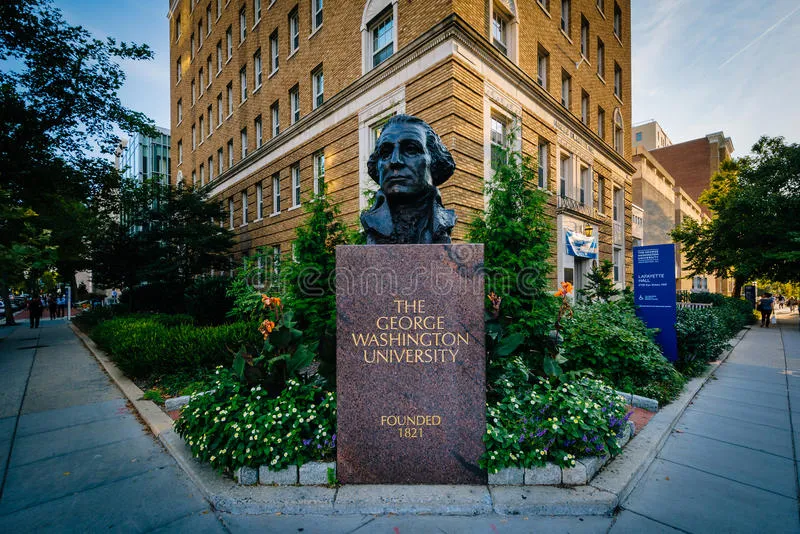
Late on November 7, Professor Askari received an email from the GW President requesting a phone call on November 8 for an update. After exchanging more emails, on December 1, it became clear that GW would not accommodate the legitimate requests of its major donor — Iran — for an audit and cooperative discussion with Professor Askari, but would move ahead unilaterally. So Professor Askari wrote the following to the GW President:
“Needless to say, I am disappointed in your reply. You and I have been at this for seven months. You say that I have raised your and the provost’s consciousness of an important opportunity for GW. I beg to differ. I would say that I have raised your consciousness of an essential responsibility and duty that GW willingly put aside for several years. I say put aside, because I repeatedly brought GW’s debt to Iran and to Iranian students to the attention of the university’s administrators since GW callously cancelled the Iran Fellowship program and hid the endowment from view.
It has taken over [three] years for GW to admit that yes there was and there is an endowment. Iranians and Iranian Americans have been played. You have not addressed the request of the Iranian government to provide an audit of the account, a written request that was transmitted to GW. In fact, you have not even told me what you claim to be the assets of the endowment as of now, while you indicated earlier that you had a number but could not recall it! Nor have you said whether you have added back funds that were diverted to non-related programs, of which I have a partial list.
I was naively impressed when you trumpeted the importance of ethics at the time you assumed the post of interim president. Now we will have to let others decide how much ethics matter to you, to other GW administrators and more generally to GW when it comes to this gift that amounted to over 5% of GW’s endowment when it was made by the people of Iran in 1974.
Given the effort and time that I have devoted to this matter and where we stand now, I cannot support your plan going forward for the Aryamehr-Iran Endowment. I will instead pursue other options to restore the rights of Iranian students.”
What has transpired should be seen as GW’s ‘inexplicable’ mismanagement of a gift from the Iranian people to support Iranian education. It is a matter of right and wrong. While Iran’s name has been so tarnished in the United States that anything goes when it comes to attacking Iran, Iran and Iranians will be there long after this fiasco.
Why has GW done this? Only GW knows for sure. But could GW use the money (Professor Askari estimates that there should be still about $50 million if an accurate accounting is done) for other purposes given Iran’s low standing in the U.S? Or could it have been to secure its recent $20 million gift from Saudi Arabia? Whatever the reason, it is just plain wrong! And why did the new interim president of GW support the farfetched story of the previous provost and vice provost for seven months?
In sum, GW has refused to treat the legitimate requests of a major donor after it claimed that the endowment had ended decades ago— to provide an accounting of the income and expenditures for the Iran Endowment, to resolve all outstanding issues with Professor Askari, restore transparency and place the endowment on a strong footing going forward. GW continues instead to operate behind a curtain and decide matters unilaterally. Helping Iranian students must be the focal point going forward, given that the original goal of the endowment was to support Iran’s educational needs. Given GW’s expropriation of this endowment, can GW be trusted to be ethical without proper accounting and a program that benefits Iranians after GW’s claim that there was no endowment for over three years and its resistance for an independent audit?
What would have happened to this Iranian gift to the George Washington university if Professor Askari had not persisted for three years? The answer is clear from the earlier communications of the GW President — there would be no endowment and so the resources could clearly be used for something other than what was intended by the Ministry of Higher Education of Iran. It is a sad day for an American university when it behaves so. Endowments should be monitored to assess if universities are carrying out the wishes of their major donors.
In his last attempts to get justice for Iran and for Iranian students, professor Askari first contacted a member of the Board of Directors of PAIAA (The Public Affairs Alliance of Iranian Americans). The Board member had a long conversation with him and was all set to support Professor Askari. Then he mysteriously did nothing to help. Here is an organization that purportedly supports Iranians and it would do nothing to support Iranian students and help claw the millions of dollars back! Finally an Iranian friend organized a four person conference call with the Head and the Deputy Head of the Iran Interest Section in Washington DC. Professor Askari gave them all the relevant details and Asked if they would also push GW. The two officials representing Iran said absolutely and that they would in fact get even the Iran Ambassador to the United Nations to contact GW. They asked Professor to send them all relevant documents and they would be in touch shortly thereafter. Months have gone by and they have not even contacted professor Askari.
Iran must take a stand. Showcase the corruption in the halls of a well-known American university. Claw back every dollar. Replace the old Iran Chair with a new Iranian Fellowship Program that enjoys transparent and sound supervision to support the education of Iranian women and men.

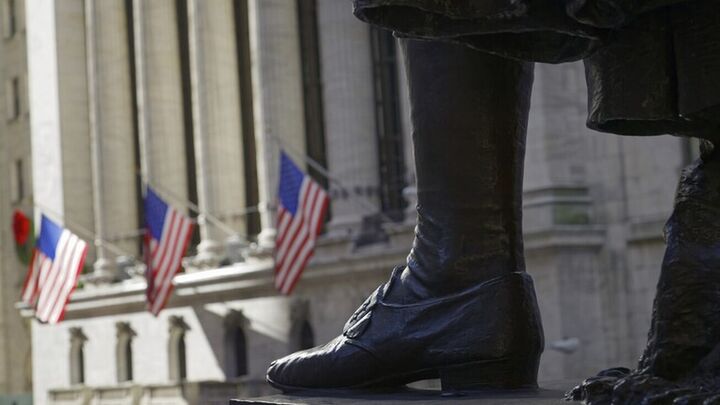




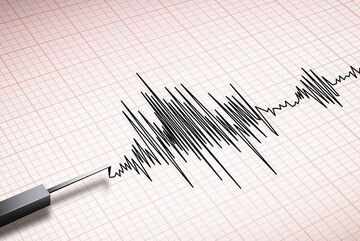
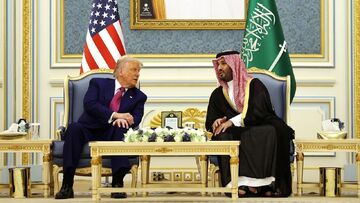

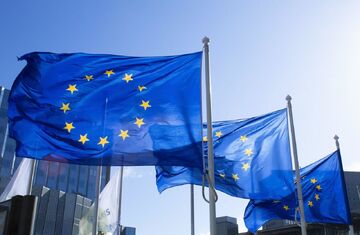
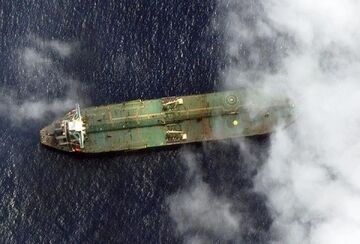
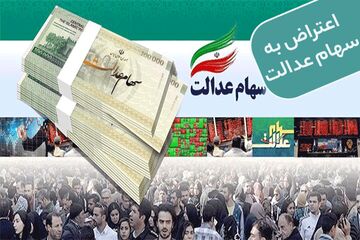
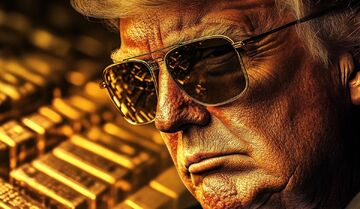
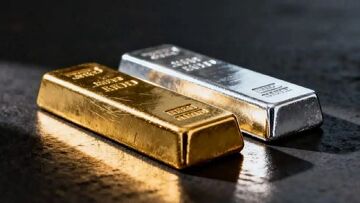
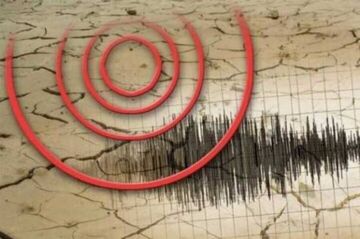
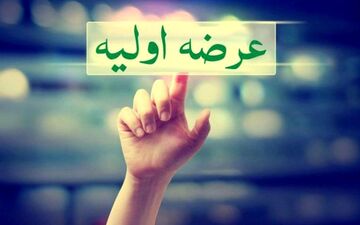
نظر شما